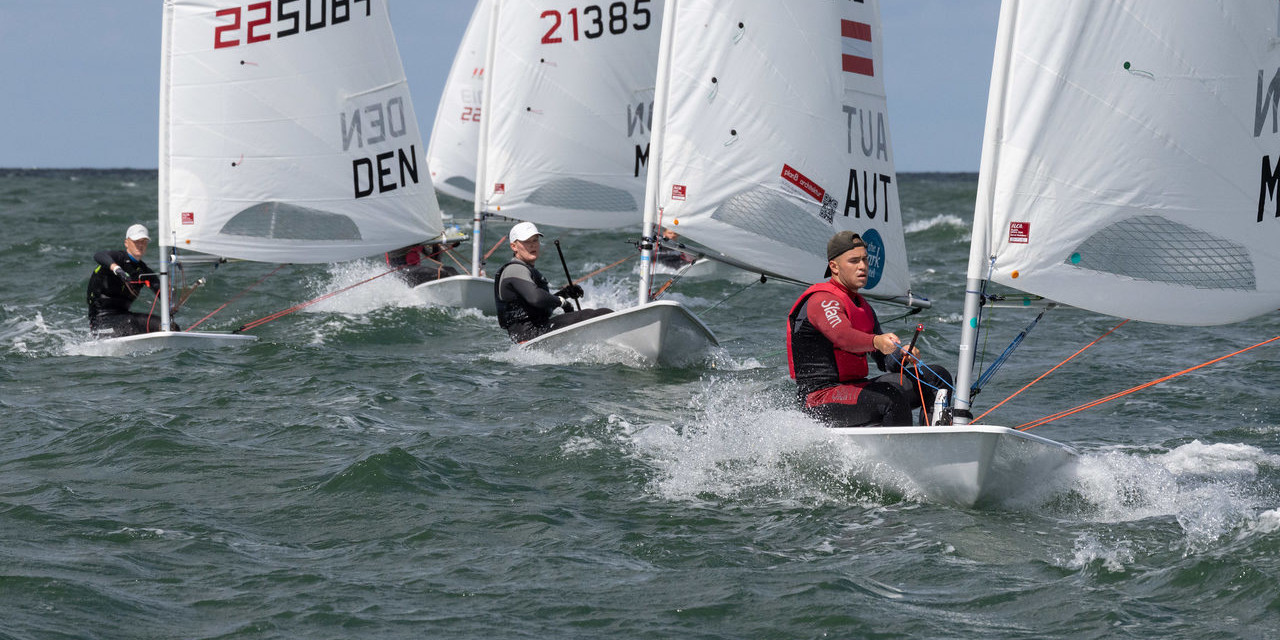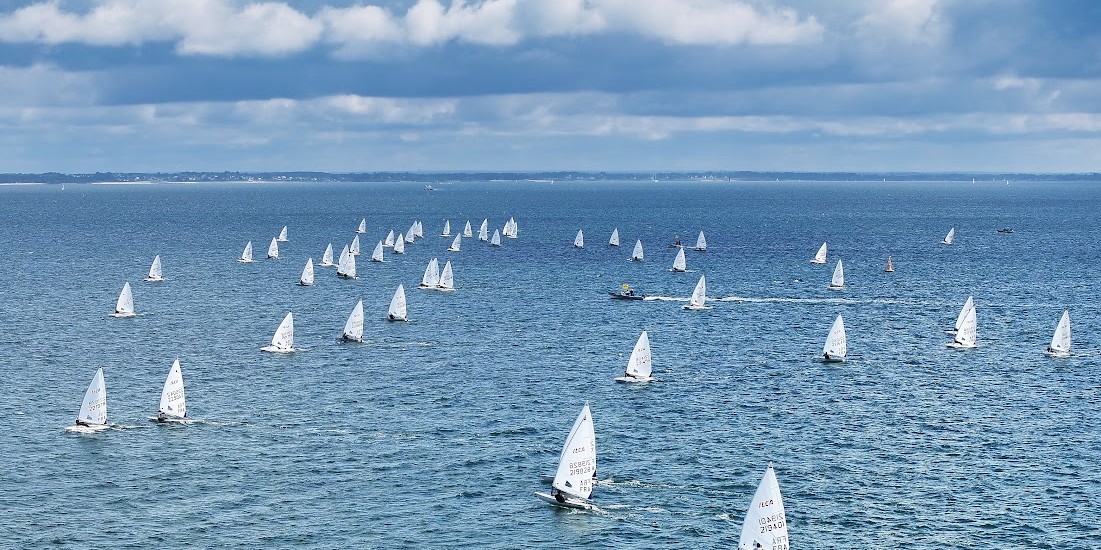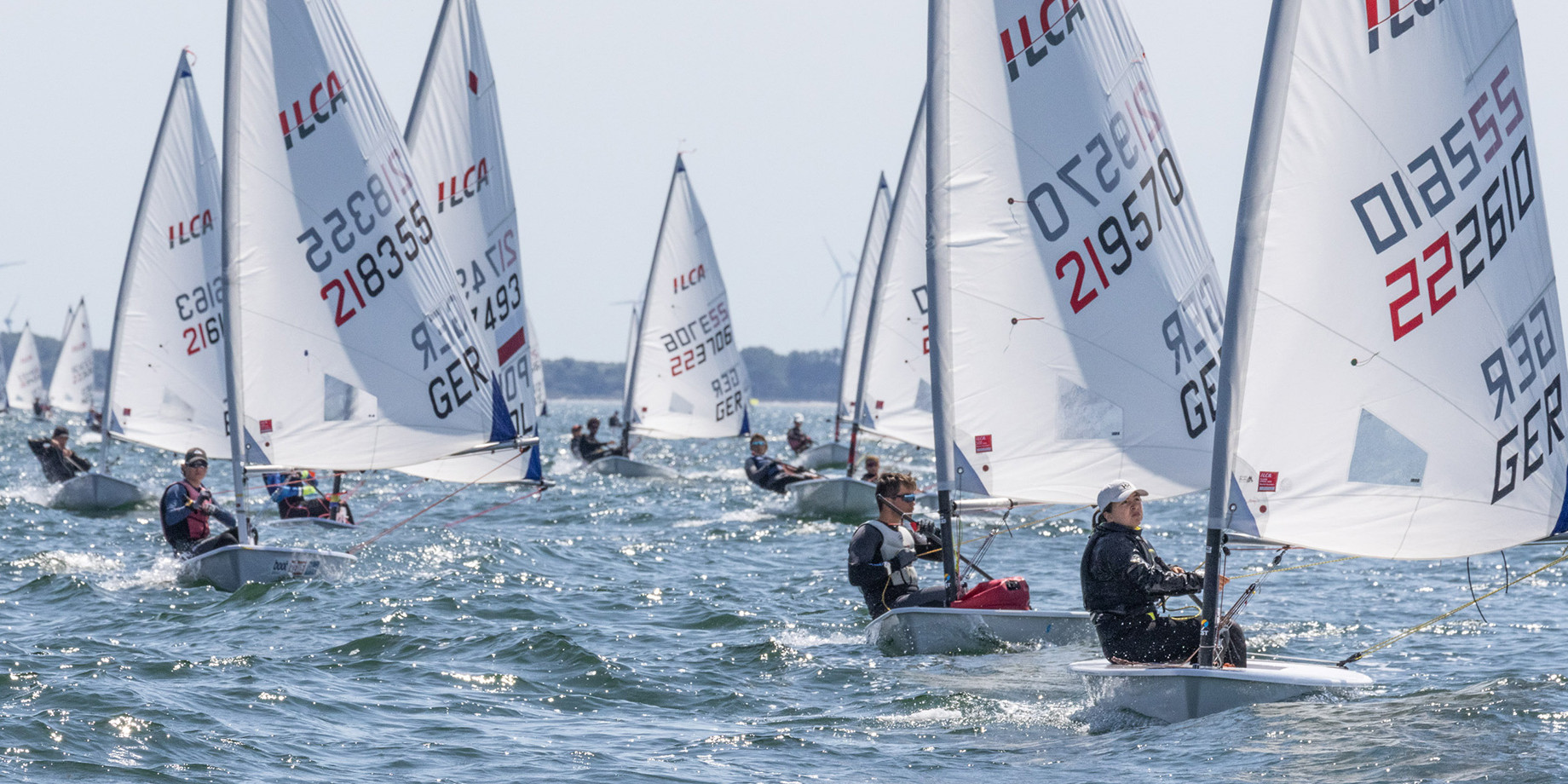Spring Pop Up | Cluster Yachting Monaco
Tuesday 3rd May 2022. It was a packed programme for Cluster Yachting Monaco’s Spring Pop Up event that combines an on-water exhibition in the YCM Marina of 15 yachts for sale or charter, and workshops for sector professionals. The gathering is an opportunity to exchange and progress actions initiated by the Cluster to consolidate the Principality’s growing reputation as the ‘Capital of Advanced Yachting’.
The international situation’s impact on 2022 market figures, post-Covid consequences and analysis of ongoing projects were at the centre of discussions at this fifth edition.
Monaco a destination of choice for the industry
YCM General Secretary Bernard d’Alessandri and ‘Monaco, Capital of Advanced Yachting’ project manager, Claudia Batthyany, opened the meeting evoking in turn Monaco’s many advantages for yachting professionals. Maritime legitimacy, unrivalled geographical location, and the many advantages of a tourist destination that meets boaters and owners expectations, are just some of the qualities that underpinned the Monaco, Capital of Yachting project initiated by YCM in 2012 to raise awareness among local stakeholders. This year, the vision has taken on a whole new dimension as the renamed umbrella collective brand, ‘Monaco, Capital of Advanced Yachting’, to underline the Principality’s leading position at the cutting edge of the luxury yacht market.
What impact is the Russian-Ukraine conflict having on the industry?
Six speakers led discussions on the conflict’s impact on the season’s figures including Merijn de Waard, founder and director of SuperYachtTimes.com; Mario Gornati, CMO of the Azimut-Benetti Group; and Anthony Buneta, Business Development at Société Générale. Despite a slowdown due to the war in Ukraine “there is still an enormous appetite for yachting,” says Raphaël Sauleau CEO of Fraser Yachts. A premise intended to be reassuring even regards the situation of non-insured yachts and those at risk of not being insured anymore. It’s a question now on everyone’s minds concedes Michelle Van der Merwe, Superyacht Account Manager for Pantaenius, adding “it all depends on where the yachts are. Sometimes, they may have to pay extra in terms of insurance cover”.
What is happening to Russian-owned yachts? For Gordon S. Blair partner Edouard Mousny “we have no complaints against these owners. It’s a general foreign policy measure that concerns certain individuals without saying they are criminals or responsible,” adding that “in these circumstances, the owner is prevented from using their boat, but there are aspects including who is paying and for what? As far as we’re concerned, under European law, this raises several questions, that of ownership or absence of objective liability of the person concerned”.
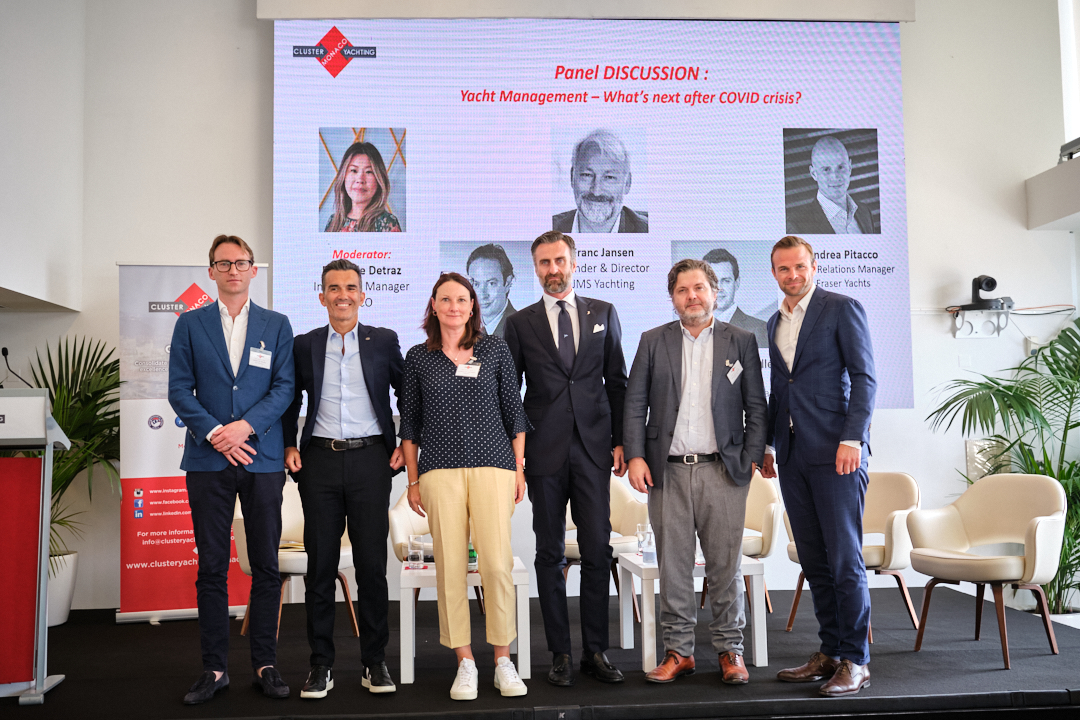
How is the industry coping post-Covid?
Naturally, another international situation at the centre of discussions was how the Covid pandemic has influenced or changed the way the sector operates. “Before Covid 19, we worked outside. Since then, we have reorganised to do more remotely. Indeed, we had to adapt as customers expect quick answers from us at all times,” explains Nicolas Mior, Head of JH Yachting.
“We tackled it head on and are starting to emerge from this period,” notes Franc Jansen, Founder & Director – JMS Yachting. The industry coped with the crisis by making major adjustments and showing a remarkable ability to adapt. “We prioritised remote interviews, via video, Zoom, phone, etc., which was the biggest change,” explains Edouard de Maillé, Director – Edmar International. “We also had to recruit locally whereas before we put out a call for profiles from all over the world. We had to change the approach”.
A blessing in disguise for some as Andrea Pitacco, YM Client Relations Manager – Fraser Yachts commented: “We had to set up working from home. The result? We save so much time that was spent on trips and travel. We are therefore more reactive and this is quite positive, we need to recognise that”.
While the pandemic has ripped up labour codes, forcing them to be reinvented, it has also had major consequences particularly regards claims and insurance conditions, according to Nicolas Mior. “The number of claims paid out has exploded. During the first wave, crews were on sick leave for several months. During the second, it was several weeks and now it’s only a question of days. However, Covid forced owners to stay on board longer, which had the effect of having to have crew for longer periods and increased the number of accidents on board”.
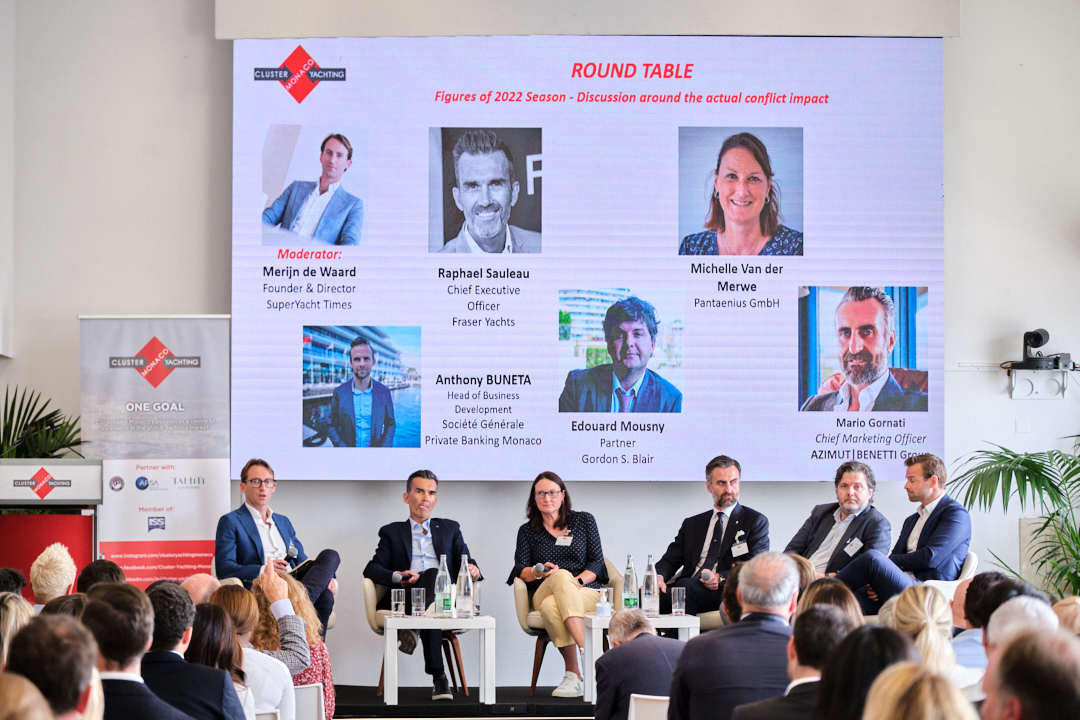
Turkey taking buyer market share
The meeting ended on an optimistic note in an industry statistics overview. Lying third in the global order book is Turkey with 678 yachts on order, ahead of Taiwan’s 617 yachts with an average length of 28.1m. According to Patrik Vonsydow, CEO – Turquoise yachts, the order boom in Turkey has not come out of the blue: “Turkey has often had a prominent position in the maritime field, even over centuries. Also, Turkey has an extremely efficient health system that has helped us get through these last two years and its many challenges”.
David Legrand and Alain Auvare, brokers at Fraser Yachts adds that “at the beginning price was the key selection criterium of an owner for working with a Turkish shipyard, now part of the attraction is quality and experience and has become the reason why 70% of American customers choose Turkish yards to build their 24m to 50m yachts”.
Poland has also become a reference in the European market with professionals that have reinvented themselves and become ultra-competitive. Artur Poloczanski, PR Manager – Sunreef Yachts says “our company was conceived by someone who was not from the maritime world which brought in a whole new perspective and that’s why we stand out. Poland is becoming a destination where it is possible to build quality yachts. We are increasingly focusing on eco-responsible yachts. We want to support newbuild innovation”.
Espen Oeino, CEO – Espen Oeino International, echoes the above: “The future of yachting lies with more eco-responsible catamarans, as they allow significant energy savings to be made, there’s more space for solar panels and for totally different types of navigation, hence the need for marinas to adapt quickly to growth in this type of unit”.
To conclude, all agreed that Turkey, Poland and Australia are the countries developing the fastest through other services highly-valued by owners like catering and the living environment outside the shipyard.
Professionals and owners have another date in the diary: Monday 27th June 2022 for the 2nd New Generation Owners conference organised by Yacht Club de Monaco in partnership with the International University of Monaco.
Dernières publications
15 July 2024
Celebration of youth
Celebration of youth Youth Sailing World Championships – Riva del Garda 15-19 July 2024 The…
14 July 2024
Monegasques out in force
Monegasques out in force French Open - Quiberon 11-14 July Laser sailors from Yacht Club de…
14 July 2024
Consistency on every start
Consistency on every start ILCA 7 - EurILCA Europa Cup GER – Warnemünde 6-14 July Consistency was…

